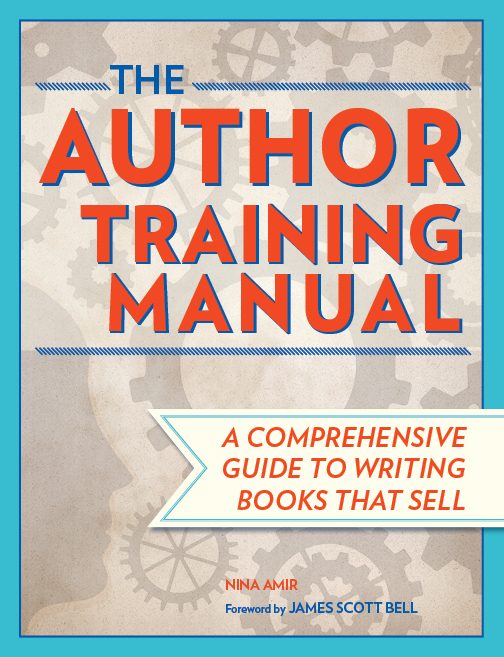Tell Readers What You and Your Writing Represent
It’s important for authors to brand themselves for the same reason companies bother with this business exercise. It helps potential buyers know what you sell and the value your products and services provide.
The product you as an authors sell is a book. The value you provide lies between the covers of that book.
You want your readers to know what you, as an author, represent.
- Who are you?
- What do you stand for?
- What benefit will you provide?
- How will you be known—as the the woman’s rights author, the high-performance coach, the life-transformation expert, or the spiritual travel writer?
Find the Branding Keys in Your Writing Focus
As a nonfiction author, you can brand yourself based upon your area of expertise. Novelists can brand themselves based upon the themes and subject matter in their stories.
But what if your nonfiction doesn’t stick to one topic? What if your passions and interests are eclectic and varied? Brand yourself based on your status as a an author.
Let’s say you are a female author. You can take a stand as a member of the Women’s National Book Association, for example. Use that platform to brand yourself. Or use your interests to help create a brand. Put yourself out there as a female writer who helps other women writers, a woman writing about women, a woman writing about women’s issues (if that is what you do), a female writer who volunteers at women’s shelters or helps battered women.
How to Start Author Branding
In my book, The Author Training Manual: A Comprehensive Guide to Writing Books that Sell, I discuss branding for authors at length. This is an important part of creating a business plan for your book and for yourself. Here are four tips adapted from the book that you might use to help you get started.
 See the big picture of your book, yourself, and your career. Think beyond the first book. Conceptualize how you want readers to see and think about you and your book, or books.
See the big picture of your book, yourself, and your career. Think beyond the first book. Conceptualize how you want readers to see and think about you and your book, or books.- Think about how you want to build a career or business around your books. To earn a living from your book, you have to become a savvy entrepreneur. This entails seeing yourself and your books as a brand—just like a company—rather than just as a writer or an author. Include the products and services you might offer in your big-picture view.
- Brainstorm additional books—series, sequels and spin offs—to see how they all fit together into a brand. This means seeing yourself as a multiple-book author, not as a one-book wonder.
- Consider a tagline for yourself. Could you be the XX Coach or XX expert? Can you “verb” yourself with a phrase that says, “helping _______” or “providing _______”?
Once you’ve come up with a brand, create your author website or blog. Decide on “your colors.” Create logos. And carry out your brand on all your social networks, business cards, and marketing materials. Watch how quickly people take note and how this helps you market yourself and your books.

electricscootershq.org says
That means branding should be part and parcel of the business plan you write when you first get the idea for a book. In fact, that idea for your first book quickly should be followed by a brainstorming session for spin-off books, or sequels or series, and a big-picture view of who you want to be and how you want to be known when you become an author.
Nina Amir says
Exactly right, electricscootershq.org.
Shellie says
Great info! Thanks Nina!